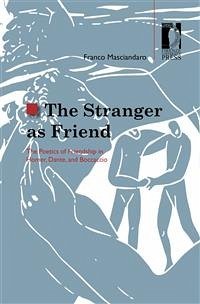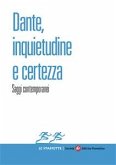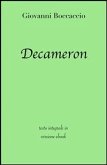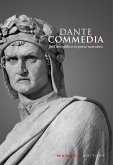The principal aim of this study is to participate in the current renewed discourse on the meaning of friendship, initiated in 1994 by the French philosopher Jacques Derrida with his Politics of Friendship, by combining the philosophical method of inquiry with the hermeneutical approach to poetic representations of friendship in the Iliad, the Divine Comedy, and the Decameron. It examines friendship not only as the unique love between two persons based on familiarity and proximity, but as the love for the one who is far away, the stranger, for this is a natural extension of the implicit love of the distant other, of the other-as-stranger - what Emmanuel Levinas has called "the infinity of the Other" - which is concealed in our friend, and which, in the words of Maurice Blanchot, puts us "authentically in relation" with him or her.Franco Masciandaro is professor and Chair of Italian Literary and Cultural Studies in the Department of Literatures, Cultures & Languages at the University of Connecticut. He is the author of La problematica del tempo nella "Commedia", Dante as Dramatist: The Myth of the Earthly Paradise and Tragic Vision, La conoscenza viva: Letture fenomenologiche da Dante a Machiavelli, and of essays on Cavalcanti, Boccaccio, and Ariosto.









